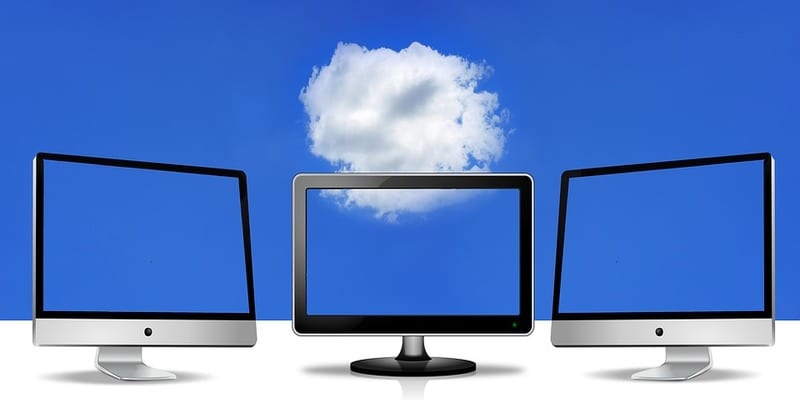The Best Benefits of Cloud ERP


What are the benefits of cloud ERP software? First of all, how does cloud ERP differ from other ERP systems? Well, cloud ERP is provided as a service that does not have to be managed or serviced by your company’s IT staff. With this type of software deployment, a company’s ERP software and its associated data and information are managed centrally (in the Internet “cloud”) by the software vendor and are accessed by users and customers using a web browser.
The service provider hosts and maintains all of the IT infrastructure for you, ensures the system is always running, that the data involved is secure and safe, and that product enhancements or upgrades are rolled out painlessly to your solution. Ultimately, this all allows your IT resources to focus on innovating and helping grow the business more effectively.
Widget not in any sidebars
On-premise ERP solutions are installed locally on your company’s hardware and servers, then managed by your IT staff. They usually require a large upfront investment to purchase and manage the software and related hardware / facilities necessary to run it. Most people who prefer on-premise ERP tools like it because of the data security and control that comes with having the ERP system in the office. On-premise ERP software can also be customized much easier than cloud solutions, which offers a greater advantage for more niche companies in specific industries.
In today’s digital environment where business teams and employees can collaborate on important documents, spreadsheets, and enter important data from remote locations; ERP software is most efficient when it’s utilized via the cloud.
Real-Time Analytics
One of the greatest benefits of cloud ERP software is access to real-time analytics. This allows companies to see important information as it becomes available, so you can rest easy knowing that the data you’re looking at is always relevant and up-to-date. Real-time analytics can help you when making critical business decisions and ensures process optimization.
Security
Some people are skeptical about cloud security, they think that cloud encryption isn’t secure enough or that it’s an easy target for hackers. In reality however, cloud ERP software provides solid security to businesses of all sizes. You never have to worry about data getting backed by a third party, as the system tracks all activity and fully encrypts data stored within the ERP.
Flexibility
What’s great about the cloud is that as long as you have Internet access, all the data and information you need is readily available to you from any location, at any time. A cloud system stores and operates everything remotely, so even if employees are spread across the country they can still input data in real-time from any connectible device (laptop, smartphone, tablet, etc.).
Low Operating Costs
As mentioned previously, on-premise ERP systems need manual and continuous maintenance to keep up with hardware and software updates, which can negatively impact your company’s budget. Compare that to cloud ERP, and you’ve got a way lower cost of operating. Cloud vendors provide ERP solutions as a subscription model – Software-as-a-Service (SaaS) – these costs are reasonable and generally customized to work around your company’s budget.
Scalability
Cloud ERP software also scales easily, as it adjusts the entire infrastructure to the necessary size for each stage in your development as a company. With onsite infrastructure, scaling can be a costly and complicated aspect of business, so the cloud just simplifies this entire process for you.
Service Support
Since cloud ERP is a subscription-based model, service support is available 24/7 for any issues that might arise. On-premise hosting typically requires the additional purchase of a support package, but as a cloud-based ERP service subscriber, you can access the support you need around the clock.
Looking for more? Download our Enterprise Resource Planning Buyers Guide for free to compare the top-24 products available on the market with full page vendor profiles, key capabilities, an ERP software market overview, our bottom line analysis, and questions for prospective buyers.
And don’t forget to follow us on Twitter, Facebook and LinkedIn for all the latest in the ERP space!






















